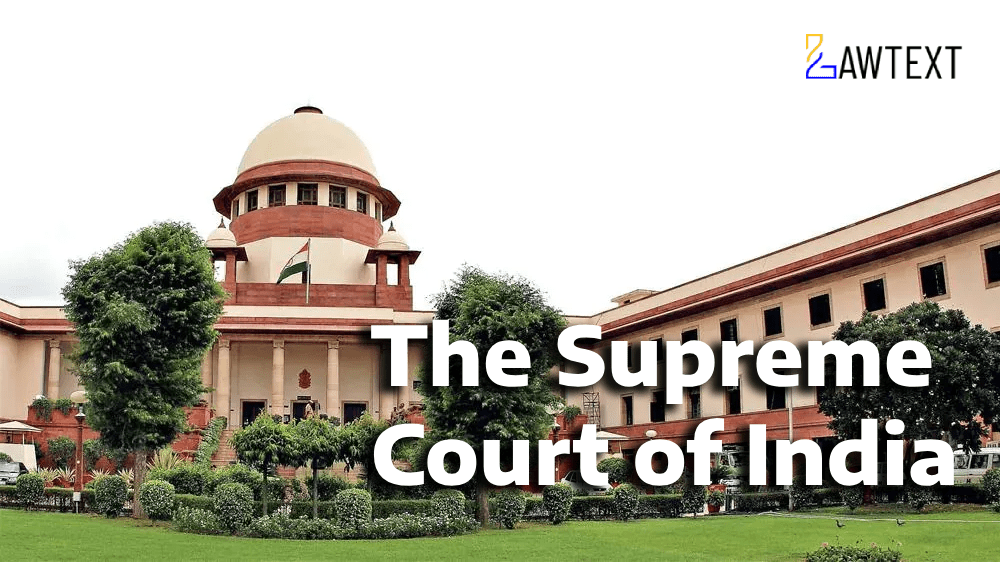

Supreme Court found material contradictions and inconsistencies in the prosecution’s case. The delay in witness statements was unexplained, raising doubts. The ballistic report did not conclusively link the firearm to the crime. The prosecution failed to establish guilt beyond reasonable doubt. The conviction was set aside, and the appellant was ordered to be released forthwith.
Appeal Against Conviction – Murder – Abetment – Circumstantial Evidence – Delay in Witness Statements – Ballistic Report – Benefit of Doubt – Property Dispute – Caste-Based Opposition – Recovery of Firearm – Burden of Proof
a. Nature of the Litigation – Criminal appeal challenging the High Court’s decision affirming the conviction under Section 302 and Section 109 of the Indian Penal Code, 1860.
b. Who Moved the Court and for What Remedy? – Appellant, Siba Nial @ Trilochan, sought reversal of conviction and release from custody.
c. Reason for Filing the Case – The appellant was convicted for the murder of Dhaneswar Kata and Nirupama Kata based on circumstantial evidence and alleged recovery of a firearm.
d. What Had Already Been Decided? – The Trial Court convicted the appellant, which was affirmed by the High Court. The Supreme Court re-examined the case based on the appellant's challenge.
Citation: 2025 LawText (SC) (2) 123
Case Number: CRIMINAL APPEAL NO. OF 2025 (arising out of SLP(Crl.) No. 9244 of 2024)
Date of Decision: 2025-02-12
Case Title: SIBA NIAL @ TRILOCHAN VERSUS STATE OF ODISHA
Before Judge: (SANJIV KHANNA CJI. , SANJAY KUMAR J.)
Appellant: SIBA NIAL @ TRILOCHAN
Respondent: STATE OF ODISHA